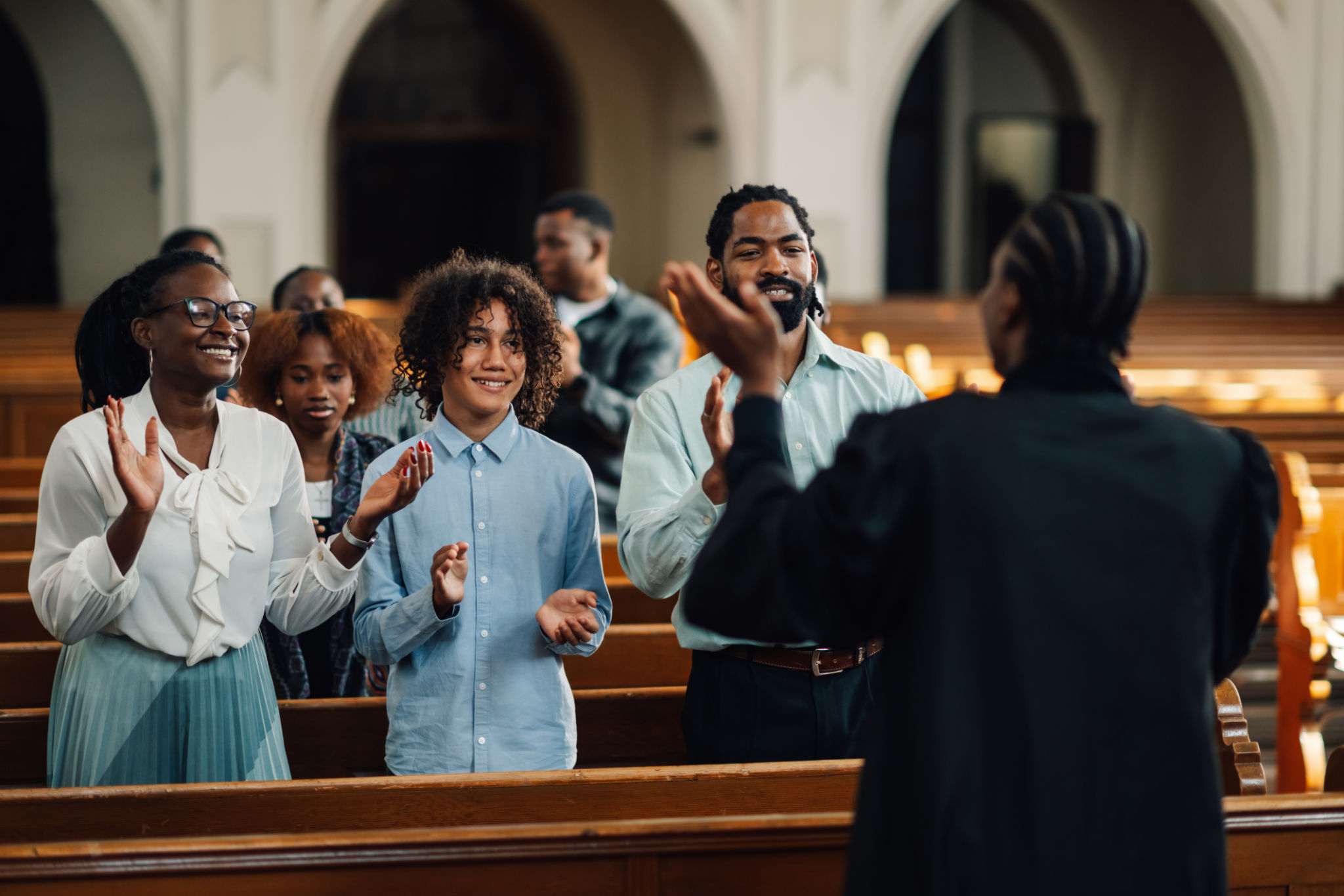The Role of Churches in Supporting Local Communities in NV
The Historical Significance of Churches in Nevada
Churches have long been a cornerstone of community life, providing spiritual guidance and a sense of belonging. In Nevada, this role is amplified by the diverse and sometimes transient nature of its population. Churches not only serve as places of worship but also as vital community hubs that address the needs and challenges unique to each locale.
The history of churches in Nevada dates back to the 19th century, where they played a crucial role in the development of towns and cities. These institutions provided not just spiritual support but also helped establish social norms and community values. Today, they continue to be essential in nurturing a sense of community identity and unity.

Churches as Centers for Social Services
Many churches in Nevada extend their mission beyond religious services by offering various social services. These include food banks, clothing drives, and shelters for the homeless. By addressing the physical needs of individuals, churches help to combat issues such as poverty and homelessness, providing a safety net for those who are most vulnerable.
Churches often partner with local organizations and government agencies to maximize their impact. This collaboration helps to ensure that resources are effectively distributed and that services reach those who need them most. In doing so, churches play a pivotal role in building stronger, more resilient communities.

Educational and Youth Programs
Education is another area where churches in Nevada make significant contributions. Many churches run after-school programs, tutoring sessions, and summer camps aimed at fostering academic growth and personal development among youth. These initiatives are crucial in providing children with safe environments where they can learn and grow.
Beyond academics, churches also offer various youth programs that focus on character building and life skills. Through activities such as sports, music, and art, young people can explore their interests and talents, all while being guided by positive role models.

Fostering Community Engagement and Volunteerism
Churches encourage community engagement by organizing volunteer activities that bring people together for common causes. These activities not only help meet local needs but also foster a spirit of altruism and cooperation among participants. From community clean-ups to charity events, churches mobilize individuals to contribute to the well-being of their neighborhoods.
Volunteerism promoted by churches strengthens community bonds and instills a sense of purpose among participants. It provides opportunities for individuals to connect with others while making a tangible difference in their community.

The Spiritual and Emotional Support Provided by Churches
In times of crisis or personal struggle, many people turn to churches for spiritual and emotional support. Churches offer counseling services, support groups, and pastoral care to help individuals navigate life's challenges. This support is invaluable, providing comfort and guidance when it is needed most.
The sense of belonging fostered by church communities is essential for emotional well-being. By participating in communal worship and activities, individuals can find solace and strength in their faith and the support of others.